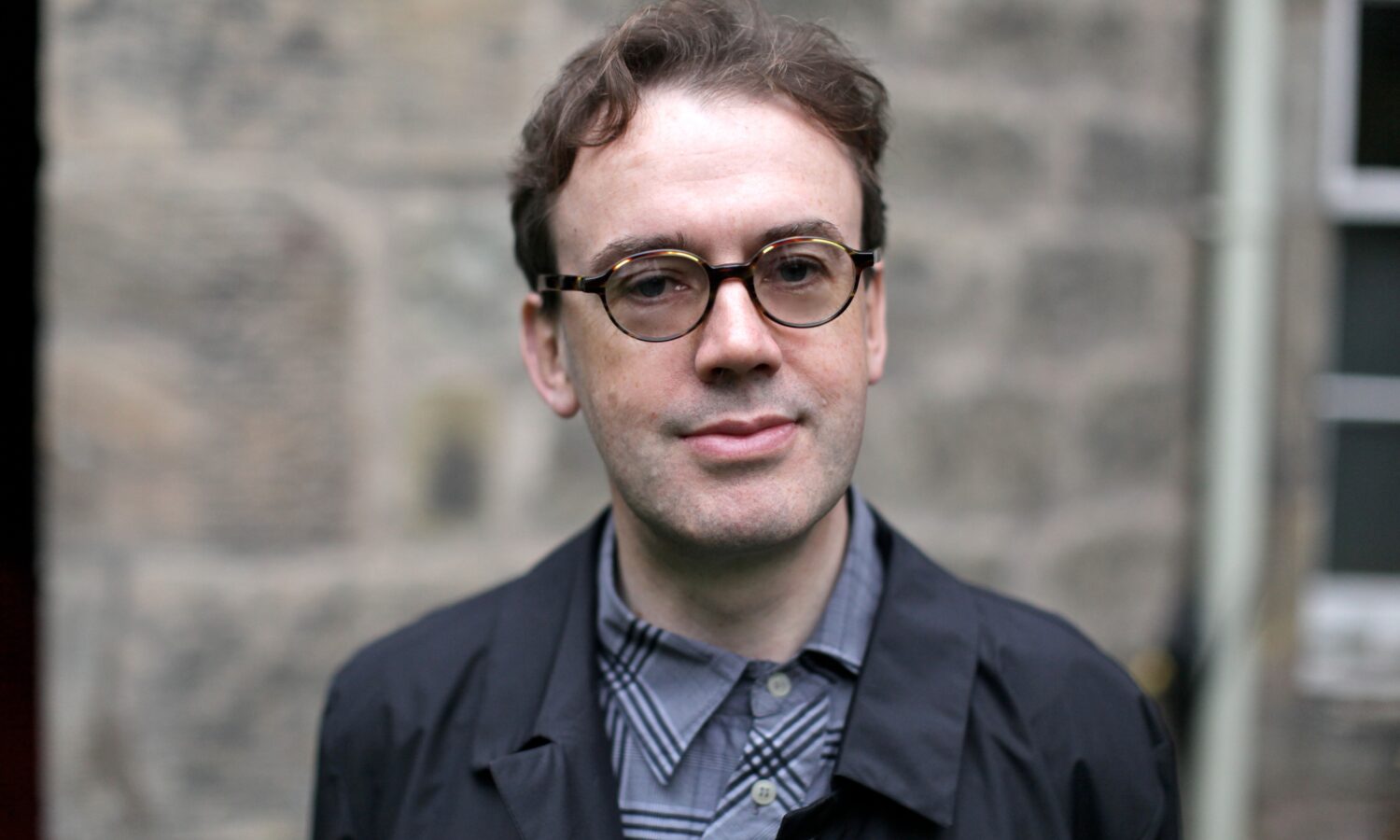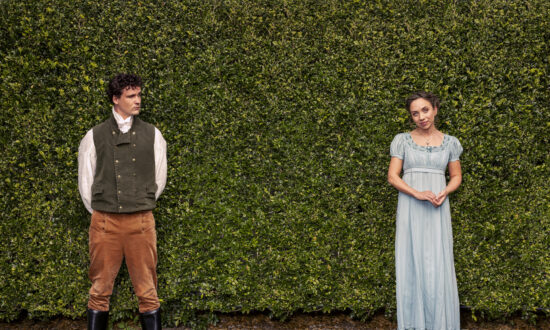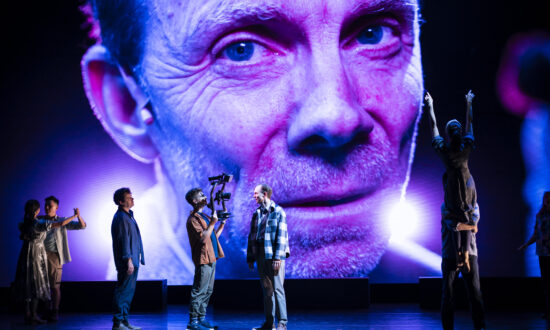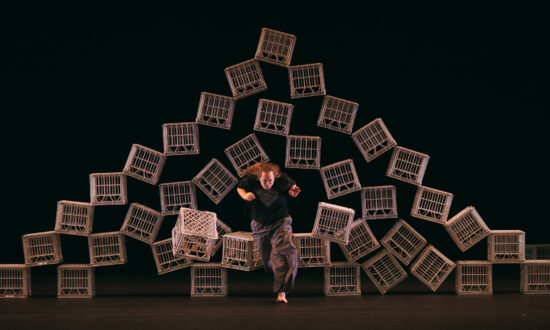How would celebrated Australian composer Sir Jonathan Mills sum up his world-premiere opera adapted from the award-winning Australian novel Eucalyptus?
“It’s Rapunzel meets Pelléas and Mélisande meets Hansel and Gretel meets Scheherazade,” Mills says. “It’s very familiar to people … but it has something of the kind of universal appeal that many operas may not have.”
Murray Bail’s fantastical, haunting novel was published in 1998 and quickly caught fire – it won the Miles Franklin Award, the Commonwealth Writers’ Prize and the ALS Gold Medal. Mills knew immediately that he wanted to transform the story from page to stage, and is about to finally see his vision realised at Brisbane Festival.
“What I love about it is that it is bathed in this mystery, the idea that you never quite know when the book is set,” Mills says. “So, could it be in the 1970s? Yes. Could it be the 1930s? Yes. Could it be in the 1870s? Yes. There’s a sort of brilliance in the way Murray writes it that is ageless and timeless.”
The novel centres on Ellen, a young woman who lives in rural NSW. Her father, Holland, proposes an unorthodox test for any man who might marry her – to name all the different eucalyptus species that surround their property. Suitors come from the ends of the Earth to try their luck, but one by one they fall short. The arrival of two men, Mr Cave and an unnamed stranger, brings the story to its climax.
Mills says he and librettist Meredith Oakes were keen to approach the story from a fresh perspective.
“Ellen becomes a person who has a very different trajectory from the one that she has in the book,” Mills explains. “She’s definitely disconcerted by her father’s decision to hold a competition. She’s definitely confused about all of the things that you see in the novel.
“But, in the opera, the most significant fact is that her mother died giving birth to her. And that explains with profound humanity her father’s stupidity and his protectiveness. It also explains why, despite everything, she’s still very protective and loves him but is capable of making her own decisions, and does.”
The trees themselves play a central role in shaping the world of the opera, courtesy of a 16-strong chorus.
“The way I’ve tried to capture it musically is by splitting the chorus, some on stage, some offstage, singing the names of the trees,” Mills says. “Every time you hear the orchestra, there’ll be this sort of halo of voices that evoke the forest.”
Eucalyptus played in Perth earlier this year as a concert performance – without costumes, blocking or sets. In Brisbane, the production will be shaped by a top-shelf creative team including director Michael Gow, designer Simone Romaniuk and lighting designer Trudy Dalgleish.
The seed for the adaptation was planted in the early 2000s when Mills approached the artistic director of Opera Australia (OA) at the time, Richard Hickox (now deceased). Mills had to pause the project when he became the director of the famed Edinburgh International Festival, a post he held with distinction from 2006 to 2014. As his tenure in Scotland was ending, Mills started work with librettist Oakes with the blessing of OA’s next artistic director, Lyndon Terracini.
Mills is hopeful his new work will find its audience and do what opera has always done – turbocharge the emotion of a story with the power of the human voice.
“If opera becomes a nostalgic art form, it will wither and die,” he says. “It was not invented by impresarios. It was not even invented by directors. It was invented by people who wrote scripts and wrote music to them. It was invented by many people in many different cultures.”
Mills was mentored at university in Sydney by one of the nation’s greatest composers, the late Peter Sculthorpe. As we talk over lunch, he shares an impromptu lecture on the development of operatic expression across place and time, and defends the artform against criticism that it is elitist and dated.

Get InReview in your inbox – free each Saturday. Local arts and culture – covered.
Thanks for signing up to the InReview newsletter.
“Opera is everywhere, actually,” he says. “The voodoo ceremonies of Haiti are opera. The corroborees and ceremonies on Country are opera. The Kecak that accompanies the gamelan in Indonesia is opera. Korean pansori singing is opera.”
Mills says Eucalyptus traces its lineage from the western operatic tradition, which is generally considered to start with Claudio Monteverdi’s L’Orfeo, written in 1607.
“The story of Ellen and Holland and Cave and the Stranger is a story that plays out over history many times. Maybe not in this configuration, but I was trying to think about if it were in that eucalyptus forest – how would it sound?”
Eucalyptus – The Opera plays QPAC’s Concert Hall, September 4-5; qpac.com.au
brisbanefestival.com.au
Support local arts journalism
Your support will help us continue the important work of InReview in publishing free professional journalism that celebrates, interrogates and amplifies arts and culture in South Australia.
Donate Here




